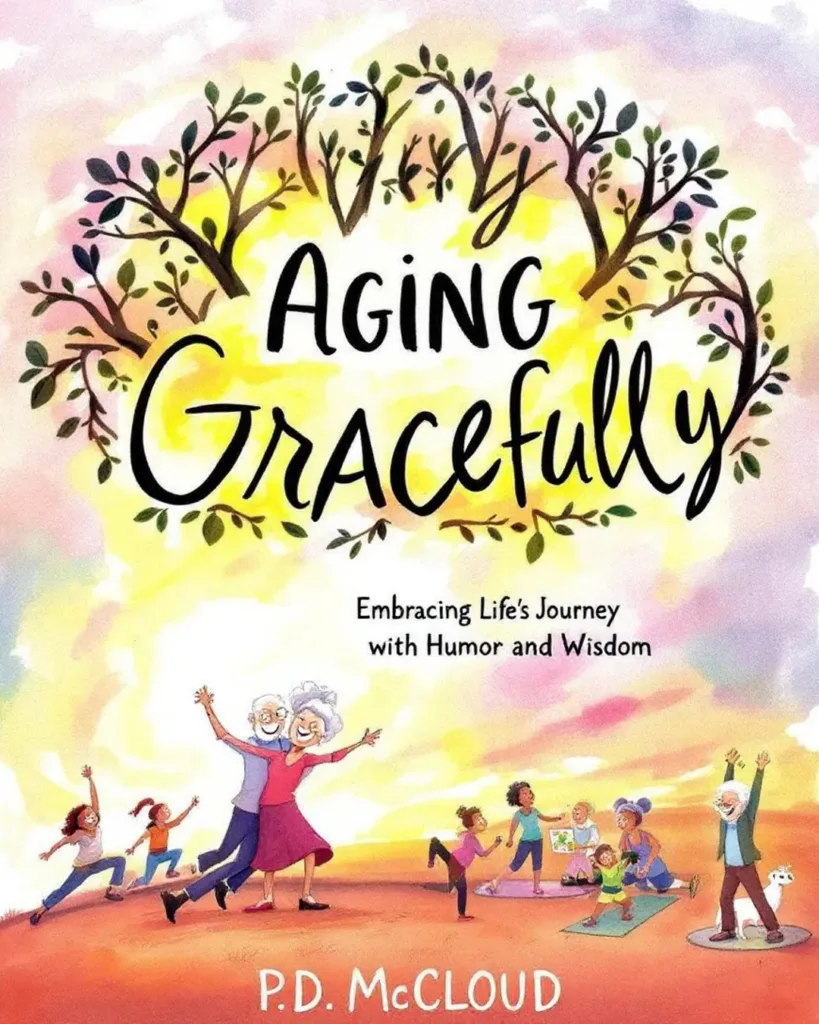Start your day with a smile and a light-hearted joke about gray hair—it’s more than just a mood booster. Optimism can profoundly impact how we experience aging. It’s not about denying life’s challenges but embracing a mindset that focuses on possibilities, resilience, and joy. As we navigate the complex journey of aging, having an optimistic outlook becomes an invaluable asset, enhancing not just our emotional well-being but also our physical and cognitive health.
In this discussion, we’ll explore why optimism is vital as we age and how to cultivate it in daily life. By understanding the underpinnings of optimism and the tangible steps to nurture it, we can foster a life filled with purpose and joy, irrespective of our age.
The Science of Optimism
Optimism isn’t just about thinking happy thoughts. It’s a powerful tool for enhancing the quality of life. Research consistently shows that optimistic individuals tend to live longer, have better health outcomes, and enjoy stronger social connections. This isn’t mere coincidence—optimism influences our reactions to stress, how we take care of our health, and even how we build our social networks.
One can look to communities like Okinawa, Japan, to see the power of optimism in action. This community is renowned for its extraordinary longevity and is often studied for the secrets of its centenarians. A cornerstone of their lifestyle is ikigai, the Japanese concept meaning “reason for being,” which fosters a sense of purpose and subsequently, a positive outlook on life. Their approach is holistic, integrating mind, body, and spirit—a true testament to how optimism and purpose can lead to health and happiness. Their example shows that optimism isn’t just beneficial; it’s transformative.
How to Cultivate Optimism
So, how can we cultivate optimism as we age? Here are a few strategies:
1. Practice Gratitude
Start a daily journal where you note things you’re thankful for. Gratitude helps shift your focus from what’s missing to what’s present, enhancing your appreciation for life. Studies have shown that maintaining a gratitude journal can lead to better sleep, increased feelings of happiness, and greater resilience in the face of adversity. By acknowledging the good, no matter how small, we train our minds to recognize and dwell on the positive aspects of our lives.
2. Surround Yourself with Positivity
The people we spend our time with can greatly influence our outlook. Opt to spend time with those who uplift and inspire you. Creating a supportive and nurturing environment will encourage a more positive perspective and deeper connections. Consider joining groups, forums, or communities that celebrate positivity and upliftment. Whether it’s a book club, a fitness class, or an online forum, being part of a positive community can make a significant difference in your outlook on life.
3. Reframe Challenges
Life is filled with challenges, but an optimistic person views these as opportunities to grow and learn. Reframing how we perceive obstacles can shift our focus from despair to empowerment and possibility. This doesn’t mean ignoring difficulties—it means acknowledging them and still choosing to find the silver lining or lesson they offer. Practice mindful reflection on past challenges to identify ways they’ve helped you grow, becoming more adept at handling future adversities.
4. Engage in Meaningful Activities
Pursuing activities that bring joy and fulfillment can cultivate a positive mindset. Whether it’s gardening, volunteering, or painting, engaging in activities you love provides purpose and satisfaction, contributing to an optimistic outlook. These activities don’t just fill time; they enrich your life with meaning and often, social interaction, which helps to reinforce happiness and contentment.
5. Adopt a Healthy Lifestyle
Physical health is deeply connected to mental wellbeing. Regular exercise, a balanced diet, and sufficient sleep can influence your mood and overall outlook. Exercise, for instance, is known to release endorphins, which trigger positive feelings and reduce perceptions of pain. By prioritizing your physical health, you inherently support a more optimistic outlook.
Inspiring Examples
Let’s look at some inspiring individuals who embody optimism despite the odds. Dame Judi Dench, despite facing the challenges of macular degeneration, continues to perform with grace and passion. Her unwavering commitment to her craft, despite the difficulties, reminds us that optimism is not about ignoring reality but focusing on what’s possible. Similarly, the late Betty White credited her long, joyful life to staying engaged, laughing often, and consistently embracing a positive attitude.
These examples reinforce that optimism is not just an inherent trait; it’s a skill that can be cultivated at any age. By practicing gratitude, surrounding yourself with positivity, and focusing on growth and engagement, you can transform how you experience aging.
In conclusion, optimism is a guiding force that not only enhances our well-being but also enriches our journey through life. As we embrace the wisdom and experience that come with age, let optimism be our companion, guiding us toward vibrant, fulfilling lives. Cultivating optimism is an ongoing practice—let each day be an opportunity to find and nurture that light, for it benefits not only ourselves but those around us as well. Embrace optimism, and let it guide your path forward, making each moment richer and more meaningful.
optimism #positiveaging #aginggracefully #emotionalwellbeing #healthyaging #resilience #longevity #ikigai #agingwithpurpose #cultivatingpositivity


